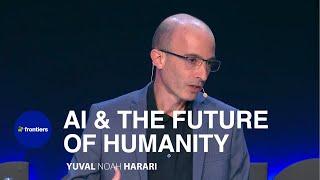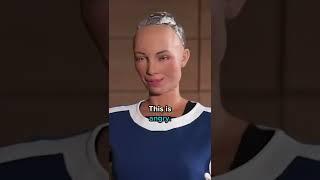Bill Gates recently shared his insights on the future of jobs in an AI-driven world, predicting that while many roles may face disruption, certain careers will remain secure. He identified three key professions that AI will struggle to fully replace due to their complexity, strategic importance, and need for human expertise.
Energy experts will continue to be in demand, particularly in the management and strategic planning of energy sources such as oil, nuclear power, and renewable energy. Since the energy sector involves real-time decision-making, evolving technologies, and unpredictable factors, AI alone cannot manage it efficiently.
Biologists involved in medical research and scientific discoveries will also have a strong career outlook. While AI can analyze datasets and make predictions, it lacks the ability to formulate deep hypotheses, conduct experiments, and interpret unpredictable outcomes with the same level of critical thinking as human scientists.
The third profession is software specialists, but not just any coders—highly skilled engineers who design and manage AI-driven systems. While AI can handle simple coding tasks, the professionals who shape AI development, ensure ethical implementation, and optimize complex algorithms will remain crucial.
These fields highlight the importance of expertise, decision-making, and adaptability—skills that AI has yet to master. If you're planning a future-proof career, these domains may offer long-term security in an AI-powered world.
Energy experts will continue to be in demand, particularly in the management and strategic planning of energy sources such as oil, nuclear power, and renewable energy. Since the energy sector involves real-time decision-making, evolving technologies, and unpredictable factors, AI alone cannot manage it efficiently.
Biologists involved in medical research and scientific discoveries will also have a strong career outlook. While AI can analyze datasets and make predictions, it lacks the ability to formulate deep hypotheses, conduct experiments, and interpret unpredictable outcomes with the same level of critical thinking as human scientists.
The third profession is software specialists, but not just any coders—highly skilled engineers who design and manage AI-driven systems. While AI can handle simple coding tasks, the professionals who shape AI development, ensure ethical implementation, and optimize complex algorithms will remain crucial.
These fields highlight the importance of expertise, decision-making, and adaptability—skills that AI has yet to master. If you're planning a future-proof career, these domains may offer long-term security in an AI-powered world.












Comments